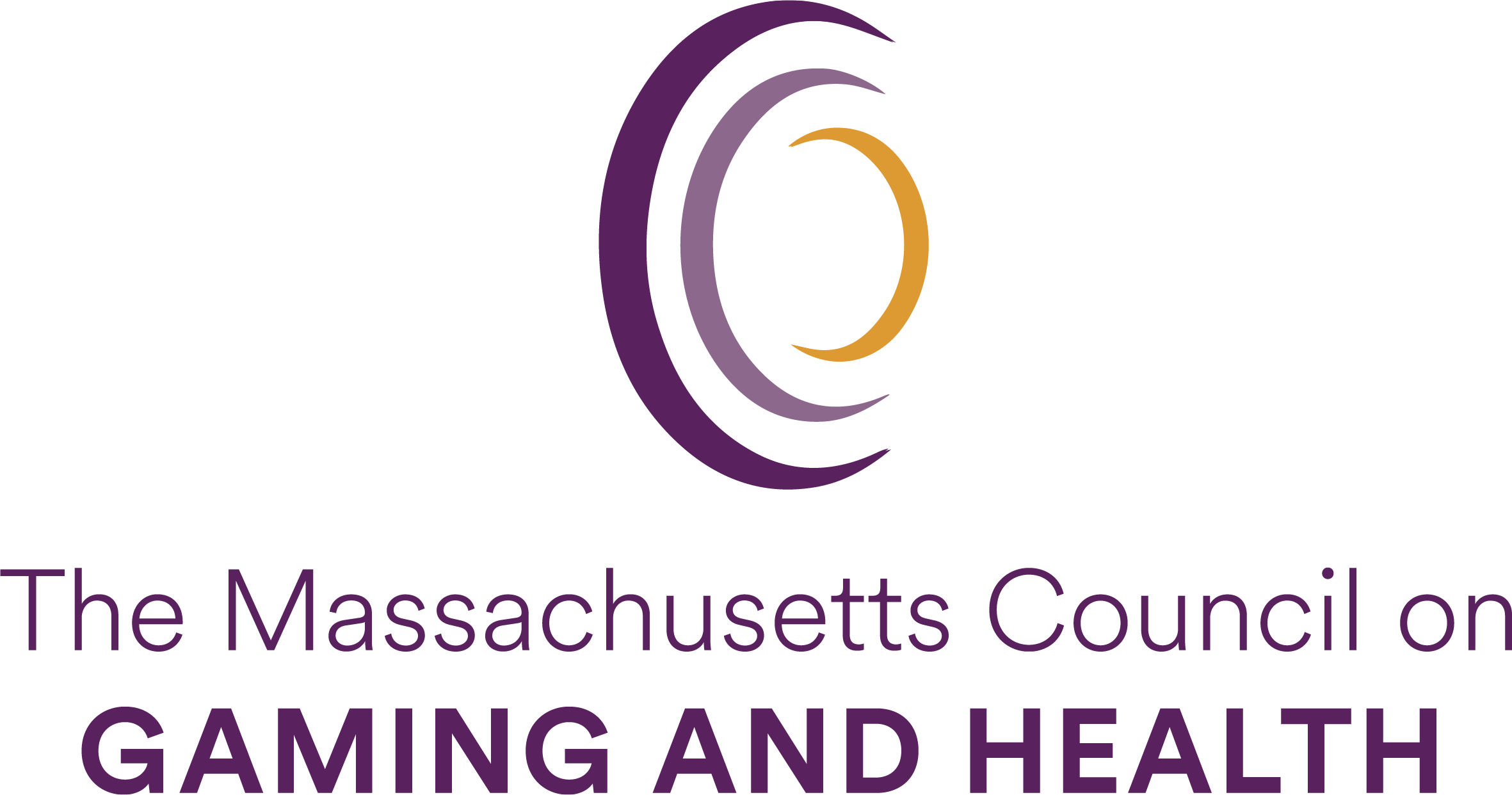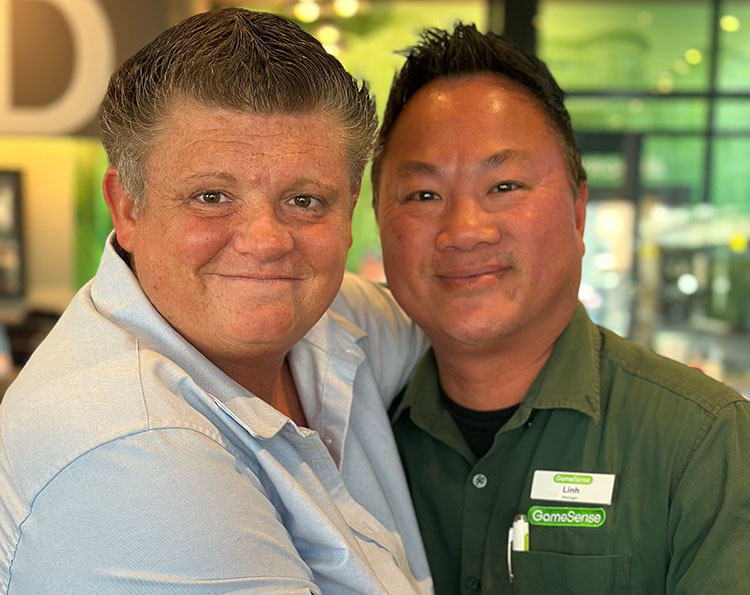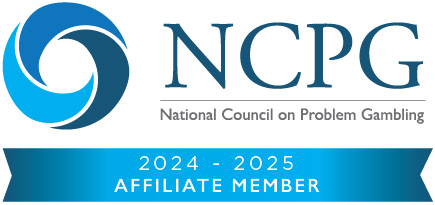“Virtual Office” allows for increased office hours, trainings and workshops across Massachusetts
The Massachusetts Council on Gaming and Health (MCCG) has closed its Downtown Boston office, previously located at 190 High Street, in favor of a “virtual office” approach, which will allow the Council to increase its local impact across the Commonwealth.
The 10 employees who were based in MCCG’s Boston office will work remotely from the communities they are serving or from a co-working space. The co-working space, located at 991 Providence Highway in Norwood, will serve as the organization’s official mailing address and a location for meetings, interviews, and Voluntary Self Exclusion sessions.
“By eliminating the physical space in Boston, we gain greater flexibility and resources to be where we are needed most,” said Marlene Warner, Executive Director of The Massachusetts Council on Gaming and Health. “As communities continue to grapple with the effects of expanded gaming in Massachusetts, it is more important than ever that education and services are available and accessible for all 351 cities and towns.”
MCCG staff will hold office hours in a number of communities, as well as a full schedule of trainings and educational workshops in the coming months.
Local opportunities include:
- Problem Gambling Youth Trainings at Cushing House in South Boston, a residential rehabilitation program for adolescents struggling with addiction. To be held on Friday, October 6 and Tuesday, October 10.
- CAPS (Creative activities for probability and statistics) workshops are held at the Salem YMCA twice weekly on Tuesdays and Thursdays.
- From Theory to Practice: Best Practices in Gambling Treatment is an interactive training workshop for treatment providers, to be held at the Devine Recovery Center in Boston on October 25.
- A Training on The Intersection of Problem Gambling and Trauma for counselors and treatment providers in Springfield on November 8.
- Online Training on Problem Gambling in the Asian Community on November 16.
Click here for more information about MCCG’s upcoming trainings and events and to register.
Follow MCCG on Facebook and Twitter for regular updates.
If you are concerned about a loved one’s gambling, we understand the problem and we can help. Call our confidential, 24-hour helpline 800-426-1234
About Mass. Council on Compulsive Gambling
The Massachusetts Council on Gaming and Health offers programs to prevent problem gambling, connect the public with treatment and intervention services and support those in recovery and their families. Among the services it provides is a 24-hour problem gambling support helpline, prevention programs in schools, recovery services, and numerous other programs across the Commonwealth. The Mass. Council does not take a position in favor or against legalized gambling.
###





